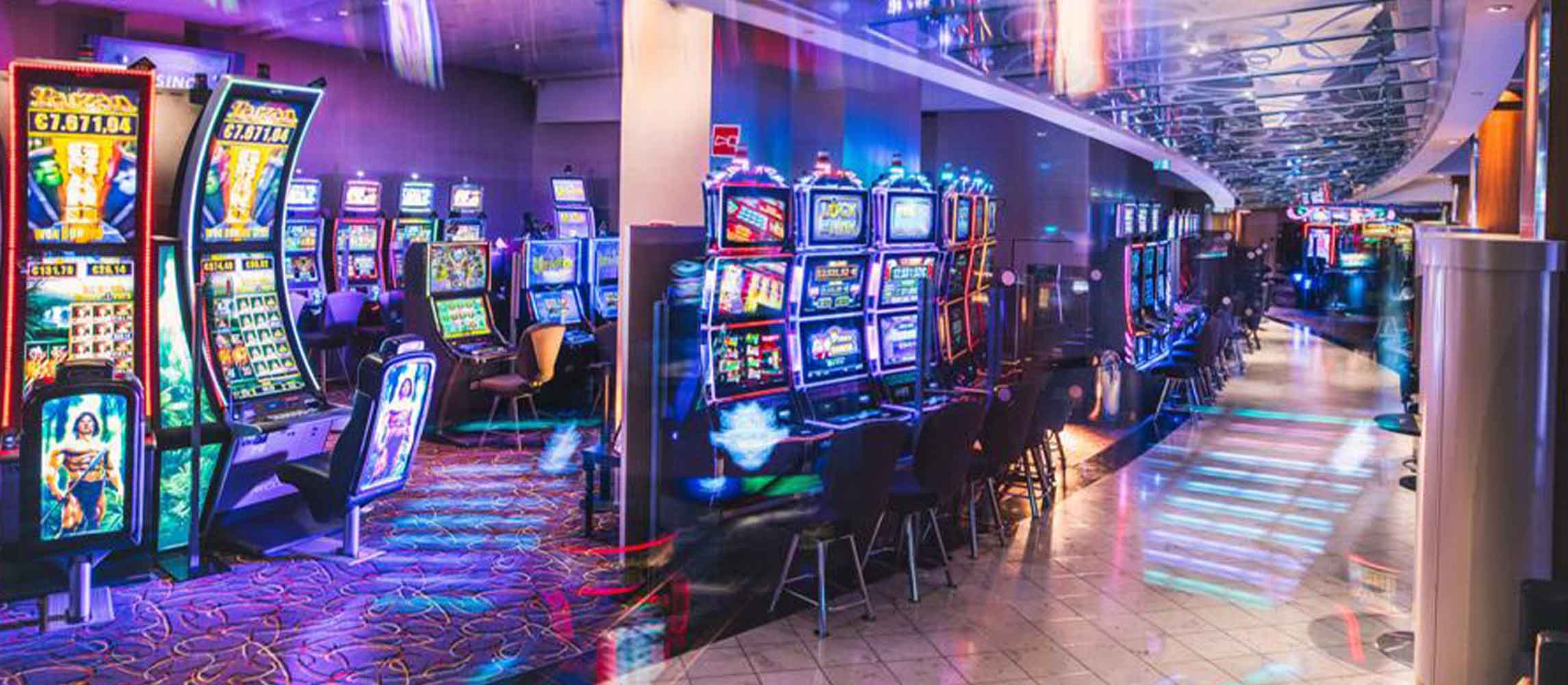
In the world of gambling, where chance and strategy meet, a unique tapestry of beliefs unfolds—one that weaves together luck, fate, and the enigmatic nature of casino games. Casinos, bustling with excitement and anticipation, are not just places for placing bets; they are also arenas in which superstitions thrive. Ranging from the novice player to the seasoned gambler, these mysterious practices often shape how individuals approach the games they play, believing that their actions can influence the outcome in ways that go beyond mere probability.
When players gather around roulette wheels, blackjack tables, and slot machines, the atmosphere is thick with stories of lucky charms, rituals, and codified behavior that defy logic yet provide a sense of comfort. It could be the case that it’s wearing a specific outfit, following a particular sequence of bets, or even avoiding certain numbers, the attachment to various superstitions reflects a deep-rooted desire to manipulate the uncontrollable. This article delves into the captivating world of casino game superstitions, investigating the beliefs that simultaneously entertain and mystify those who dare to play.
Historical Beginnings of Superstitions
Gambling activities have long been connected with an array of superstitions that can be traced to primitive civilizations. The roots of these ideas can be linked to humanity’s fundamental wish to influence the uncertain outcomes connected with luck and randomness. In ancient civilizations, activities of uncertainty were often linked to ritualistic practices. Players would invoke favor or request favor from gods, believing that their actions could affect the outcomes in their benefit. This basis laid the basis for the myriad of superstitions that proliferated as betting evolved over ages.
During the medieval age, betting became a popular pastime across Europe, and with it, a colorful tapestry of superstitions emerged. Players adopted various rituals and charms, believing they could affect the results of games. The significance of numbers, in particular, began to manifest in superstitions around card games and dice. The number 7 was often considered auspicious, while other numbers carried negative connotations. These ideas mirrored the cultural contexts of the time, adapting as they moved through generations and transformed to different gaming environments.
As gaming establishments developed in the 17th century, particularly in the Italian peninsula and the French nation, the atmosphere surrounding betting became imbued in mystique. The growing availability of casino activities allowed for the dissemination and variation of superstitions among players. Concepts like lucky charms, special seating arrangements, and rituals gained prominence, creating a unique culture within casinos. As these traditions continued to thrive, they became essential to the character of gambling activities, illustrating how historical developments and society shape the convictions that influence how players engage with luck.
Common Casino Myths
Beliefs surrounding casino activities are plentiful and diverse, reflecting the hopes and fears of players as they participate in random games. One of the most common beliefs is that certain digits bring fortune or bad luck. For example, the digit 7 is often seen as a favorable number, frequently embraced by gamblers looking for a positive result. Conversely, the digit 13 is routinely considered cursed, leading many players to avoid it during their gambling sessions. casino sicuri non AAMS
A frequent belief relates to practices that gamblers believe can influence their chances. Whether blowing gently on the dice before a roll, using a particular gesture to place a bet, or even wearing particular items of attire, many people feel that these actions can tilt luck in their favor. These rituals offer a feeling of power in an otherwise unpredictable environment, strengthening the idea that fortune can be manufactured through personal convictions and customs.
Finally, the ambiance and atmosphere of the gambling house itself contributes to superstition. Many gamblers suggest that the presence of specific symbols, such as four-leaved clovers or fortunate tokens, can enhance their odds of success. Additionally, gamblers might hold to the notion that winning streaks can be interrupted by mundane occurrences, such as someone passing by or a accident at the table. The collective atmosphere in a gambling house can amplify these superstitions, creating a communal culture of myths that goes beyond single encounters.
Impact of Superstitions on Players
Superstitions play a crucial role in the psychology of gamblers, often affecting their behavior and choices. Numerous gamblers believe that luck can be manipulated through various rituals, such as wearing a lucky charm, choosing particular hues, or avoiding certain numbers. This dependence on superstitions can create a feeling of control in an environment that is intrinsically unpredictable. Players frequently feel more confident and engaged when they believe that their actions could sway the outcome of a game in their advantage.
The impact of these superstitions extends past individual players, affecting the overall atmosphere within the casino. For example, a player who holds the belief in the luck of a particular slot machine might draw a crowd, as onlookers are fascinated by their apparent luck. This collective belief can heighten excitement and create a lively environment, leading to an interesting experience even for those who may not necessarily be believers themselves. The buzz around certain games can lead to higher participation and extended playing sessions, supporting the casino’s vibrant social scene.
In some instances, superstitions can lead to harmful effects for players. Relying too much on rituals can result in poor gambling decisions, as some may overlook basic strategies in favor of baseless beliefs. Additionally, the pressure to perform rituals may heighten anxiety and tension, detracting from the enjoyment of the experience. Ultimately, while superstitions can enhance the excitement of playing casino games, they can also lead to unwise choices that overshadow the enjoyment and entertainment intended in the casino experience.